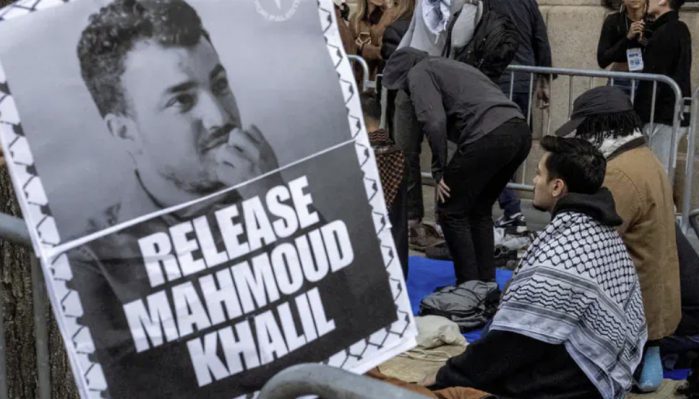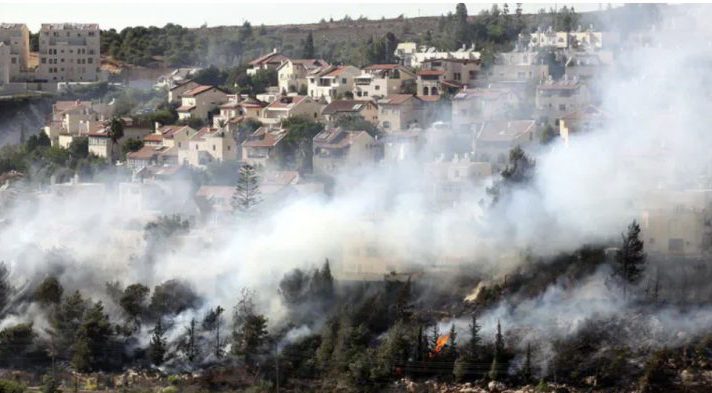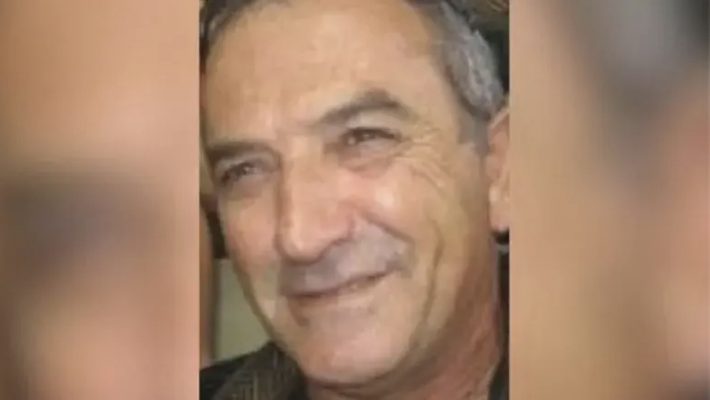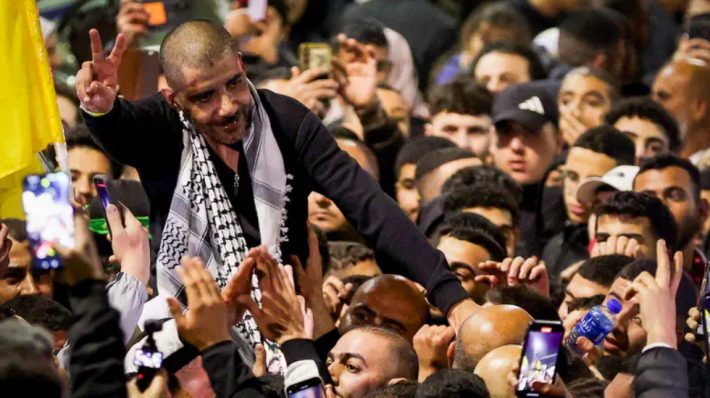Columbia Graduate Files $20 Million Lawsuit Against U.S. Government After Detention Over Gaza Protest Involvement
Mahmoud Khalil, a Columbia University graduate and prominent campus activist, has launched a $20 million legal claim against the U.S. government, alleging political retaliation and wrongful imprisonment following his vocal opposition to the war in Gaza, The Independent reported Thursday.
Khalil, who was detained for more than 100 days by Immigration and Customs Enforcement (ICE), accuses the administration of then-President Donald Trump of using immigration laws as a tool for silencing dissent. His legal filing, which precedes a broader federal lawsuit, argues that he was targeted for his activism and branded antisemitic without credible evidence.
“There must be accountability for political retaliation and abuse of power,” Khalil said in a statement. “I’m holding the U.S. government accountable not just for myself, but for everyone they try to silence through fear, exile, or detention.”
Khalil was arrested on March 8 during a nationwide crackdown on anti-Israel campus protests, where he had become a visible figure. He was taken from his New York home and transferred to a Louisiana detention center, where he remained for over three months while facing deportation proceedings.
The government sought his removal under a Cold War-era law originally designed to expel foreign nationals deemed harmful to U.S. foreign policy. Then–Secretary of State Marco Rubio invoked the statute to justify Khalil’s detention, claiming that his presence posed a national security threat.
However, a federal judge later rejected the administration’s arguments, ruling that Rubio’s claims were insufficient grounds for detention or deportation. Khalil was subsequently released on bail in late June.
In its justification for deportation, the government alleged that Khalil failed to disclose his supposed “membership” in the United Nations Relief and Works Agency for Palestine Refugees in the Near East (UNRWA) — a claim Khalil flatly denies. He maintains that the accusations were politically motivated and intended to punish him for his views, not any legitimate immigration infraction.
The case has now become emblematic of growing concerns about the weaponization of immigration policy against political speech, particularly among student activists and immigrant communities. Khalil’s legal team argues that his ordeal reflects a broader pattern of suppression that contradicts core democratic values.
As Khalil seeks justice through the courts, his story is emerging as a powerful reminder of both the risks faced by dissenters and the resilience required to challenge power.
“This isn’t just about me,” Khalil emphasized. “It’s about ensuring that no one else is targeted for speaking out. We will not be silenced.”





